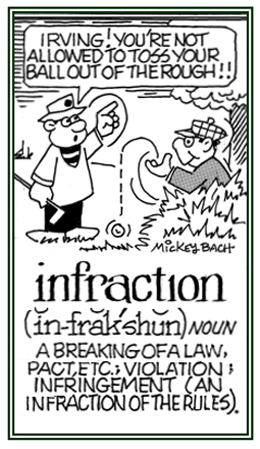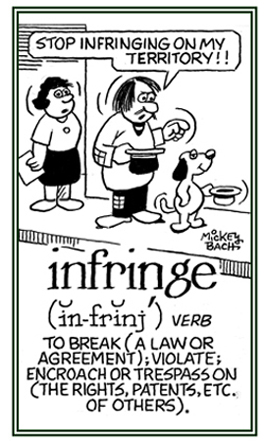frag-, frang-, fract-, fring-
(Latin: break, breaking; broken; cracked)
2. Able to be broken into fragments; brittle or fragile.
3. Brittle or designed to be easily broken: "Cookies or crackers are examples of frangible materials (break up into fragments) while fresh bread, when pressed, deforms elastically so it is not frangible.
"The process of hydraulic fracturing, or fracking, involves drilling a hole deep into the dense shale rocks which contain natural gas, and then pumping in at very high pressure vast quantities of water mixed with sand and chemicals."
"Hundreds of chemicals are used, some of them potentially toxic, including methanol, naphthalene, benzene, and lead."
"Although hydraulic fracturing has been done since the 1940's, the rapid expansion of its application to unconventional gas production has raised environmental concerns around the world."
"The process of hydro fracking involves water availability, its use and potential contamination, and on greenhouse-gas emissions from shale gas production."
"Many shale deposits are buried under aquifers, and if the cement casing around the wellhole is not adequate, then the process of drilling and fracking can release the chemicals into the aquifer and such leaks of methane can take place, possibly leading to fires or explosions."
"Natural gas is located in densely packed rock; such as, shale and the hydraulic fracturing starts with a hole that is drilled into the shale rock layer, which is not nearly as thick as it is long."
"As soon as the drill reaches the layer of shale rock, it makes a right angle turn and moves horizontally and then the well bore is lined with concrete so it will keep fluids from seeping out and a water and sand mixture is pumped under high pressure down the well bore and into the holes where it fractures the shale."
"Gas in the rock is forced into the well bore and a temporary plug is inserted; and finally, the plugs are drilled out and the gas flows to the surface."
"To summarize, the U.S. federal government is beginning to undertake a review of the chemicals that are used in hydraulic fracturing, the relatively recent technique used to release vast stores of natural gas buried underground."
"The technique uses millions of liters, or gallons, of water, sand, and chemicals; including carcinogens; such as, benzene which is injected at high pressure to fracture the rock and release the stored gas."
"Environmental groups have exposed several persistent dangers: leaks in wells because of faulty casing or migration through layers or rock; breaches in the above-ground tanks that are meant to store used drilling chemicals; and an increase in air emissions."
"Environmentalists are suing the Wyoming Oil and Gas Conservation Commission, saying the regulatory agency hasn't done enough to justify honoring requests by companies to keep the public from reviewing ingredients in hydraulic fracturing fluids."
"Hydraulic fracturing involves pumping water, sand and chemicals into oil and gas wells to crack open fissures. Wyoming has required oilfield service companies to disclose to state officials the ingredients in their fracking fluids since 2010."
"Testing groundwater for fracking-related pollution gets complicated because what goes into fracking fluids isn't generally known outside the companies that make it."
2. To break, to violate, or to infringe a law, commitment, etc.
2. Etymology: Middle English, from Medieval Latin infraction, infractio; from Latin, "subduing", from infringere "to break".

Go to this Word A Day Revisited Index
so you can see more of Mickey Bach's cartoons.
2. Unable to be broken or to be separated into pieces.
2. Etymology: from Latin infringere, "to damage, to break off"; from in-, "in" + frangere, "to break".

Go to this Word A Day Revisited Index
so you can see more of Mickey Bach's cartoons.
2. Relating to something that is impossible to prove as being wrong or false: The fact that people and animals get hungry is an irrefragable truth.
The certainty that snow is white is irrefragable!
3. Etymology: from Latin infringere, "to damage, to break off", from in-, "not" + frangere, "to break".


